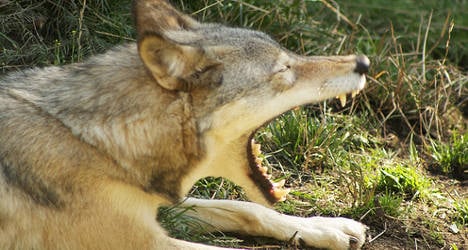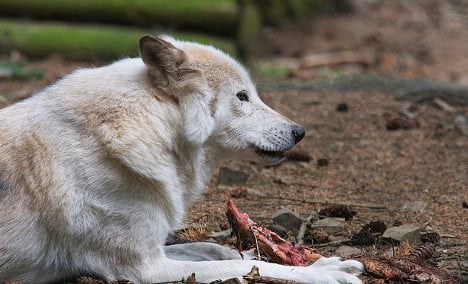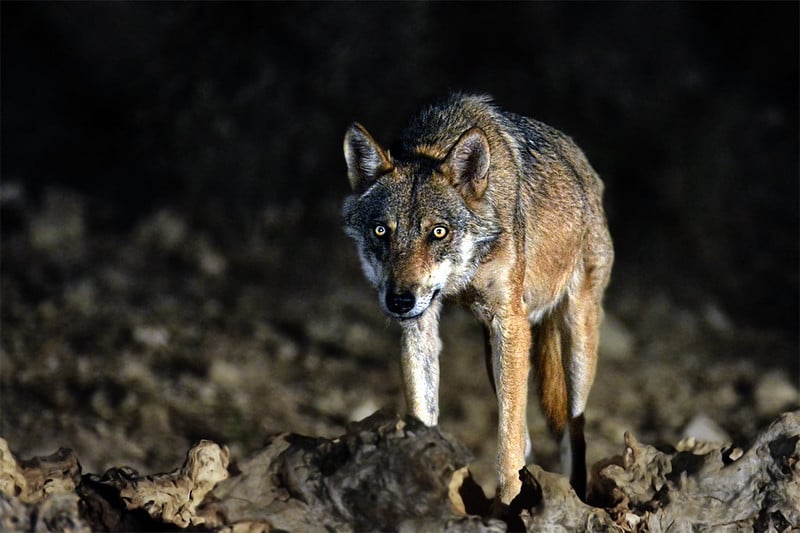
Wolves are soon to be hunted by professionals in France. Photo ErranAT/Flickr
Once plentiful, the wolf officially died out in France in the 1930s, wiped out by farmers and hunters.
More than a half a century later, wolves began creeping back, crossing the border from Italy. In 1992, suspicions of the comeback were confirmed when a pair of wolves were spotted in the Mercantour National Park in the south-east of the country.
Wildlife officials say that around 90 percent of France's wolves are in the Alps, and that there are scatterings of others in the east and south-west of France, including the eastern Pyrenees.
In 2011, a wolf was spotted for the first time in the Vosges, in eastern France, and a year later a wolf was photographed in a cornfield in the south-western department of Gers, the westernmost point of the species' advance.
The wolf is shielded by the Bern Convention on European wildlife, and in 2007 it joined other mammals on a list of species that in France are given special protection, except in specific cases where they pose a threat.
Last year, French authorities increased the number of wolves which can be legally killed from 24 to 36.
SEE ALSO: Wolves continue their advance on Paris



 Please whitelist us to continue reading.
Please whitelist us to continue reading.
Member comments